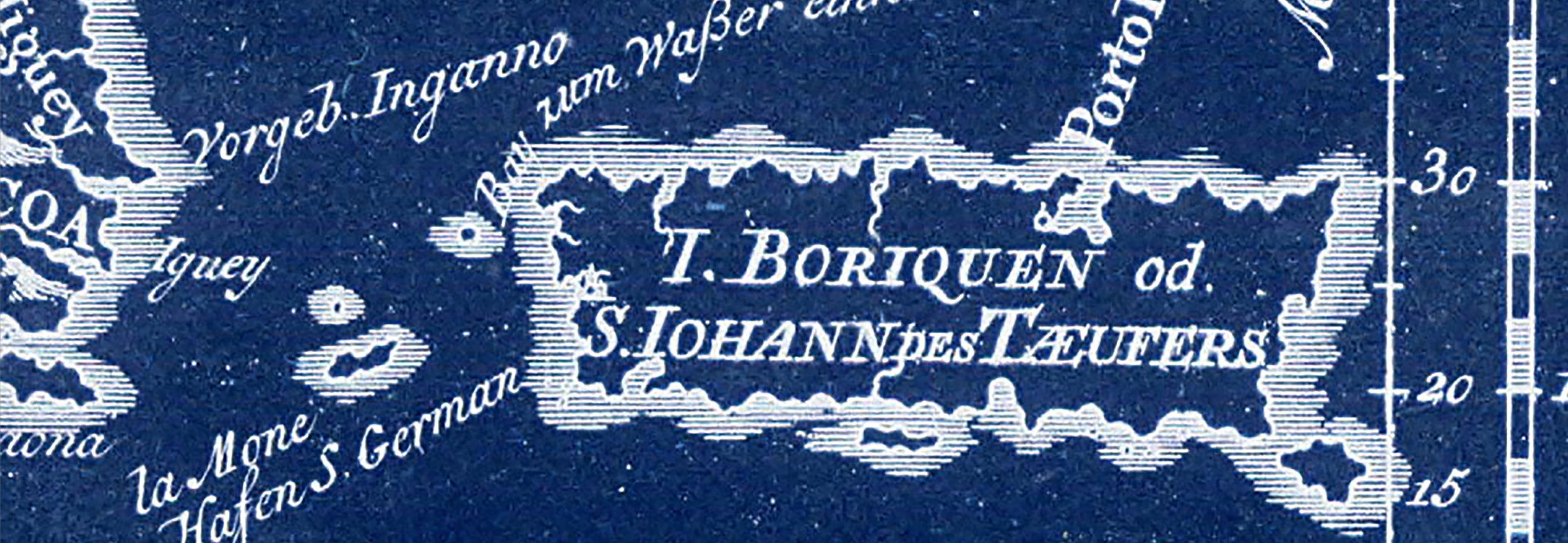3. insular cases
The Insular Cases are a series of opinions by the U.S. Supreme Court, starting in 1901, regarding legal and political rights in the newest territorial acquisitions. Based on a new and arbitrary definition of incorporated vs. unincorporated territories, the Insular Cases are still to this day legal precedent. They confer plenary (absolute) power to Congress over the affairs of unincorporated US territories. Regardless of the preferred semantics -- colony, protectorate, commonwealth, possession -- the end results are occupied territories in which its inhabitants have limited Constitutional, civil, and human rights. This distinction did not exist before, the Constitution applied fully in territories before these cases. While white supremacy definitely plays a role in the Insular Cases, one should remember that Hawaii and Alaska, the last 2 territories to become states, had indigenous populations. The unincorporated territories become laboratories, legal gray zones for new and varied experiments in "Americanization," as well as for their strategic value. The current list of inhabited unincorporated territories includes Puerto Rico, Guam, American Samoa, the Northern Mariana Islands, and the US Virgin Islands.
While overturning the foundation of the Insular Cases would be an incredible legal victory, I would caution against seeing this as the solution to all of Puerto Rico's (or the other US unincorporated territories) problems. The problem of colonialism isn't just a legal issue, but a moral, economic and political matter expressed in an exploitation of asymmetrical power dynamics. While this dynamic is obvious in a classic colonial relationship, it can manifest in a so-called sovereign country that in reality is a "banana republic" at the service of international corporate interests, or even within the US, such as Louisiana, which has often been referred to as a colony of the oil industry, with little benefit to its residents.
Good introductions to the Insular Cases:
The Strange Case of Puerto Rico How a series of racist Supreme Court decisions cemented the island’s second-class status By Doug Mack, October 9, 2017.
Empire State of Mind - It’s time for America to have a conversation about its overseas territories By Doug Mack, March 15, 2018
The Insular Cases: Why Puerto Rico and the U.S. Virgin Islands Are Colonies and Not States By David Love, October 19, 2017
Civilization & Barbarism Cartoon Commentary & “The White Man’s Burden” by Ellen Sebring see “School Begins”: Unfit for Self-Rule section regarding the Puck graphic from 1899.
For further reading:
Ruling America's Colonies: The Insular Cases By Juan R. Torruella, 2013
“Does the Constitution Follow the Flag?” May 13, 2015
Downes v. Bidwell
182 U.S. 244 (1901) (legal text)
DeLima v. Bidwell
182 U.S. 1 (1901) (legal text)
Balzac v. Porto Rico
258 U.S. 298 (1922) (legal text)
Why the Insular Cases Must Become the Next Plessy
by Neil Weare, March 28, 2018
Harvard Revisits the Insular Cases Posted April 19, 2017
The Insular Cases: Constitutional experts assess the status of territories acquired in the Spanish–American War (video) More than 100 years after the U.S. Supreme Court decided a series of cases that left citizens of territories including Puerto Rico, Guam and the American Samoa with only limited Constitutional rights...
The Insular Cases and the Emergence of American Empire By Bartholomew H. Sparrow
"The consent of the governed is a good thing in theory, but very rare in fact. England has governed her colonies whether they consented or not. By not waiting for their consent she has greatly advanced the world's civilization. The U.S. must govern its new territories with or without their consent until they can govern themselves."
The Insular Cases and the US' denial of birthright citizenship to American Samoans
Tuaua v. United States is a court case, originally filed in 2012, in which a group of American Samoans sued the State Department and the Obama administration.
American Samoa and the Citizenship Clause: A Study in Insular Cases Revisionism
Harvard Law Review, April 10, 2017
The Obama Administration Is Using Racist Court Rulings to Deny Citizenship to 55,000 People Five American Samoans want the Supreme Court to grant them birthright citizenship by Pema Levy, Mother Jones, May 27, 2016
Obama Administration Using Century-Old Racist Case Law to Block Citizenship American Samoans are the only people born on US soil but denied birthright citizenship
By Pema Levy, Mother Jones, February 23, 2015
Obama Administration: Citizenship a Privilege, Not a Right, in U.S. Territories Tuaua v. United States, August 12, 2014
Tuaua v. United States: Does the Citizenship Clause mean what it says?
By Will Baude, Washington Post, May 28, 2014





